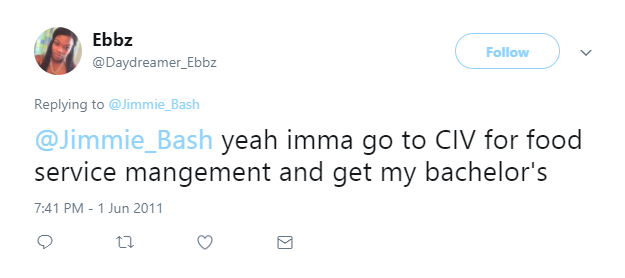Importance of Food Service Management
According to the USDA, food service facilities like diners, coffee shops, and family restaurants grossed over $731 billion in 2014. The food service industry is a vital part of the American economy. These businesses rely on food service managers (FSMs) to control costs, keep customers happy, and ensure smooth operations on a daily basis. But what does a food service manager really do? And why are they so important to restaurant operations?
The Roles of a Food Service Manager
FSMs are the center of activity in any food service setting. Their daily tasks involve organizing resources, supporting health and safety compliance, and administrative duties. In an average day, an FSM might:
- Train employees on equipment use and procedures.
- Schedule employee shifts and assign duties for the fullest coverage with the smallest impact on the bottom line.
- Submit orders for ingredients, paper goods, and other supplies.
- Monitor employee performance to ensure quality standards.
- Assist customers with issues or complaints.
- Reconcile daily cash deposits.
- Record payroll data.
- Inspect storage, preparation, and customer areas for cleanliness and safety.
The duties of FSMs vary in each restaurant. Larger dining rooms may have several managers working together, with each one responsible for only one part of the daily operations. An FSM may be responsible for interviewing and hiring employees.
Higher-end facilities may have an executive chef that controls the food-related aspects of the business. In that situation, the FSM would concentrate on front-of-the-house issues like coordinating wait staff and the diner’s experience. No matter how their official job description may read, FSMs are essential to the proper functioning of any commercial eatery.
The Importance of Food Service Management
FSMs use their organizational and interpersonal skills to keep customer satisfaction high while operating costs stay low. It’s estimated that the average restaurant only lasts about five years. While many factors influence the success or failure of a business, good management practices reduce the likelihood of failure for new diners in many ways.
- Controlling food costs is crucial to a prosperous eatery. FSMs help keep businesses profitable by educating employees on serving and preparation standards, keeping a careful inventory of stocks, and sourcing different suppliers for the most cost-effective ingredients.
- Customer opinion can make or break a restaurant, no matter how long it has been in operation. When a problem occurs, the FSM must do damage control to reduce any negative impact on the business. A successful FSM needs to know customer relation techniques that turn unhappy diners into repeat patrons.
- Restaurants rely on wait staff, bussers, cooks, and cleaners to run smoothly. More than just schedules and paychecks, FSMs are responsible for keeping all staff members motivated and working to their potential.
An FSM’s real job is to make sure everyone is happy. They provide employees with the tools they need to give the customer their best possible experience. When employees are satisfied they ensure customers are satisfied, and business thrives.
A Faster Path for FSMs
Many FSMs start from the bottom. They spend years honing their skills and proving their ability to run a restaurant. For those who want a faster start, a degree program is the quickest route to achieving your goals. An accredited hospitality training program will show you how to use your natural abilities to guide any eating establishment to succeed. In addition you could learn administrative, leadership, and management procedures that will put you far ahead of the competition.
Do you see the importance of becoming a food service manager? If you are interested in earning a Bachelor of Science in Food Service Management, consider the Culinary Institute of Virginia, a part of ECPI University. With year-round classes and an accelerated schedule, you could graduate in as little as 2.5 years. For more information about this exciting program, connect with a friendly admissions advisor today.
It could be the Best Decision You Ever Make!
DISCLAIMER – ECPI University makes no claim, warranty, or guarantee as to actual employability or earning potential to current, past or future students or graduates of any educational program we offer. The ECPI University website is published for informational purposes only. Every effort is made to ensure the accuracy of information contained on the ECPI.edu domain; however, no warranty of accuracy is made. No contractual rights, either expressed or implied, are created by its content.
For more information about ECPI University or any of our programs click here: http://www.ecpi.edu/ or http://ow.ly/Ca1ya.





